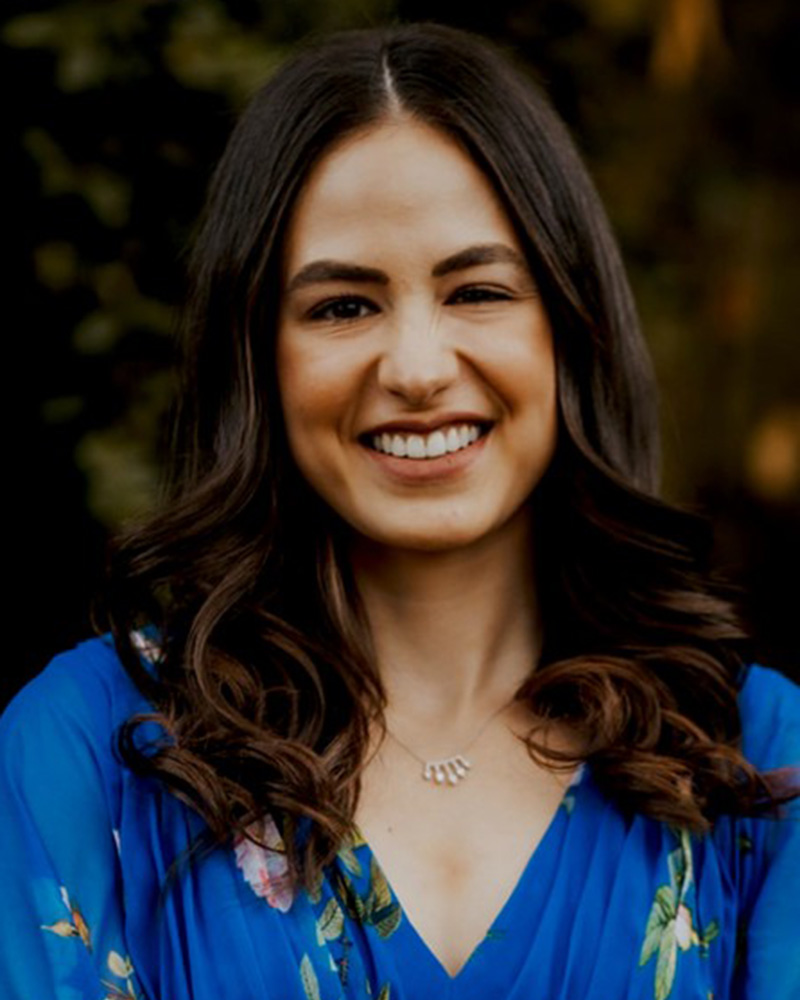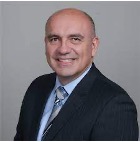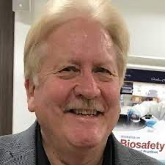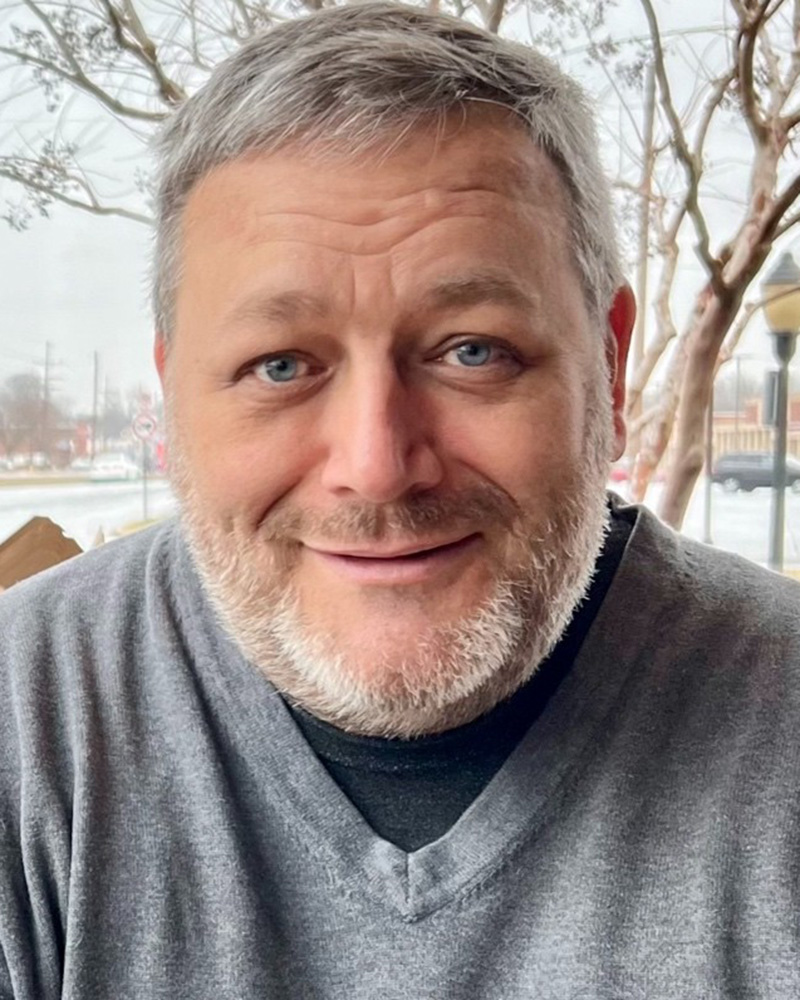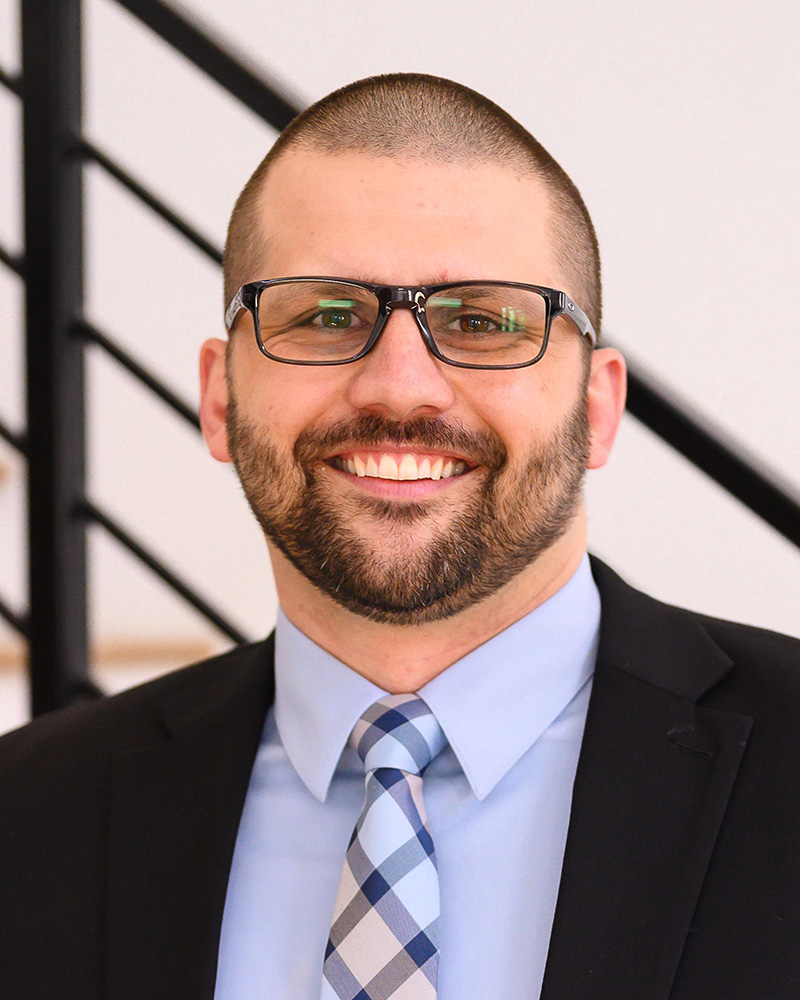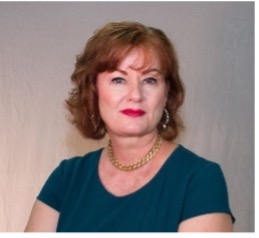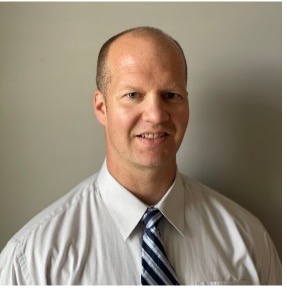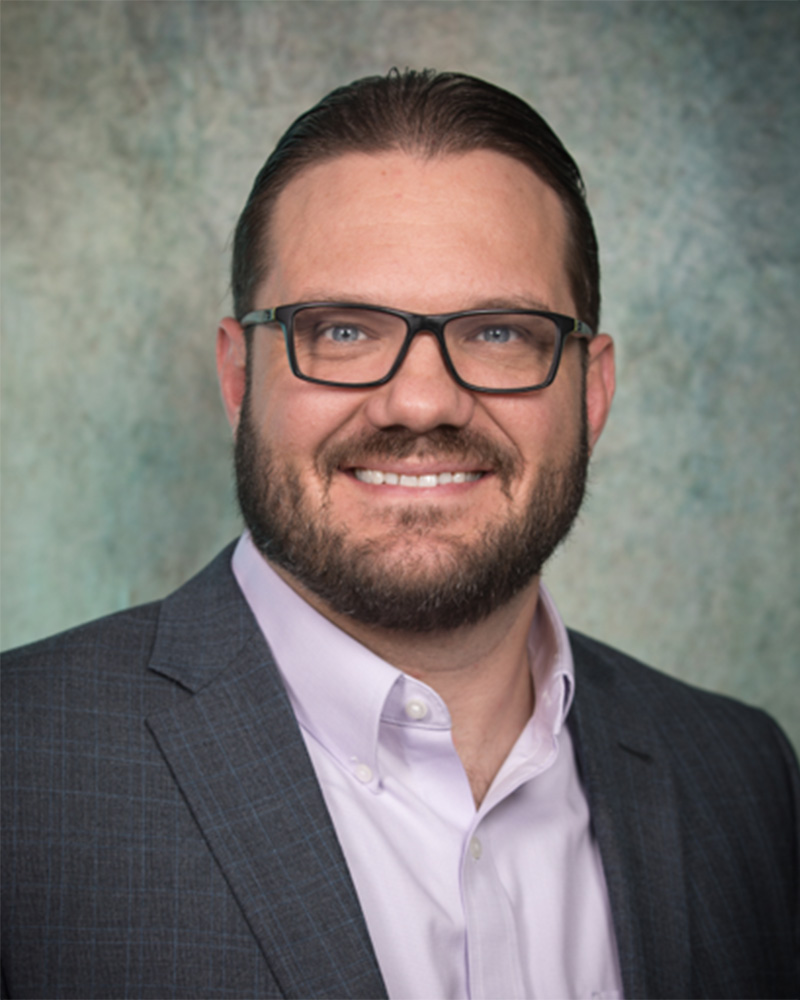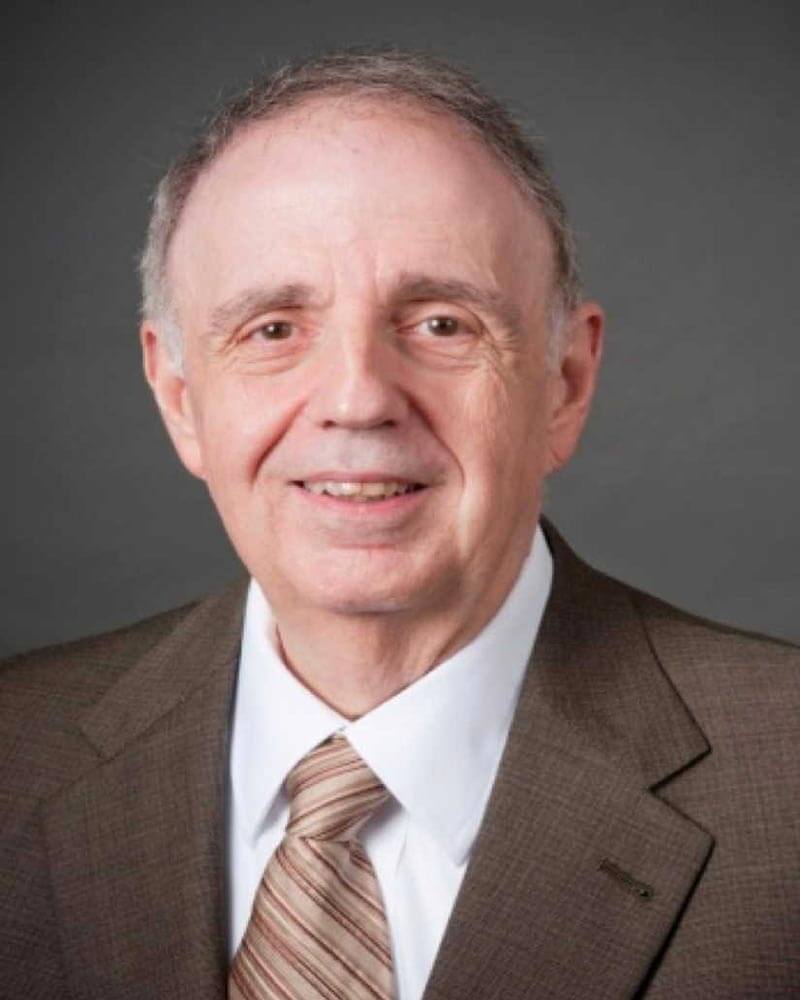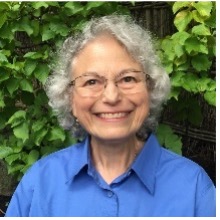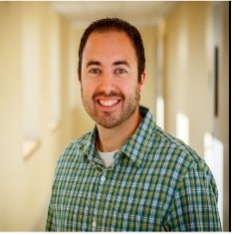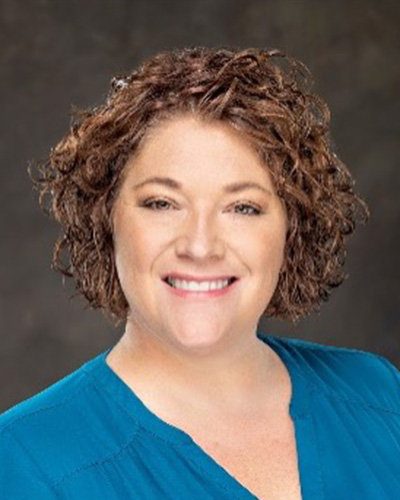Starts in:
Intermediate Level Courses
For those with basic knowledge or would like to learn more.
In-person Professional Development Courses
All times listed are in MOUNTAIN STANDARD TIME
November 1-3, 2024
JW Marriott Phoenix Desert Ridge
Friday, October 24, 2025, 8:00 AM – 5:00 PM
4. Intersection of Biological Safety and the Clinical Environment
Clinical environments present unique challenges, including fast-paced patient care, exposure to unknown biological agents, and high-risk procedures like autopsies and HAZMAT responses. These settings are regulated by accreditation bodies such as the Joint Commission (TJC), College of American Pathologists (CAP), and the Clinical Laboratory Improvement Amendments (CLIA) for accreditation of their spaces, personnel, work practices, and most importantly safety. At large academic teaching hospitals, the Biological Safety Office often collaborates with groups like Infection Prevention, Hospital Epidemiology, Fire and Life Safety, Engineering and Operations, Clinical Engineering, and Emergency Response to ensure compliance. These challenges require a holistic, risk-assessment based, coordinated response and increasingly the biosafety professional is called upon to play a key role in the clinical environment. This course will provide an overview of various clinical environments—inpatient units, primary and specialty care clinics, and clinical laboratories, including BSL-3—highlighting their specific risks and strategies for effective collaboration with other safety groups to mitigate the risks. This course combines interactive case studies and real-life scenarios to engage adult learners in group exercises focused on clinical risk assessment. Attendees will practice identifying and mitigating risks specific to various clinical environments. Through these exercises, attendees will gain a deeper understanding of the collaborative roles of safety groups and develop the skills needed to lead clinical teams toward a state of readiness and accreditation compliance.
Objectives:
- Describe the various clinical environments and how they differ from a traditional research environment
- Develop a working knowledge of collaborate with the various safety groups within the clinical environment
- Perform risk assessments using case studies to determine appropriate biosafety actions in clinical environments
Suggested Background: Fundamentals of Biosafety, Principles and Practices of Biosafety® (PPB), Risk Assessment
Target Audience: All Safety Professionals, All Biosafety Professionals
Audience Level: Intermediate
COURSE FACULTY
CONTACT HOURS
This course has been approved for 1.0 CM points toward RBP/CBSP recertification. ABSA International is approved as a provider of continuing education programs in the clinical laboratory sciences by the ASCLS P.A.C.E.® Program. This course is approved for 7.5 P.A.C.E.® contact hours.
Saturday, October 25, 2025, 8:00 AM – 5:00 PM
7. Engineering for the Biosafety Professional Part 2
Proactive biosafety professionals need to be involved and knowledgeable in the operation, maintenance and certification of their containment facilities and building systems. Frequently, the biosafety professional is called upon to participate in the planning, design, and validation of a new biocontainment laboratory or renovation of an existing facility. For the biosafety professional to participate in these activities, they need a foundation of engineering fundamentals, develop skills to ask questions in engineering terms, and have the confidence to question the answers. This course provides engineering principles that are useful in the planning, design, construction, maintenance and operation of a BSL-3 or high containment facility. The principles are expanded to BSL-4 or maximum containment facilities for clarity between BSL-3 and BSL-4 requirements. The information covered in this course is specific to NIH, CDC, and BMBL 6th ed. requirements.
Objectives:
- Discuss engineering principles
- Apply engineering assessment tools for architectural and engineering drawings
- Implement engineering solutions
Suggested Background: None
Target Audience: All Safety Professionals, Operations and Maintenance Staff
Audience Level: Basic
COURSE FACULTY
CONTACT HOURS
This course has been approved for 1.0 CM points toward RBP/CBSP recertification. ABSA International is approved as a provider of continuing education programs in the clinical laboratory sciences by the ASCLS P.A.C.E.® Program. This course is approved for 7.5 P.A.C.E.® contact hours.
Saturday, October 25, 2025, 8:00 AM – 5:00 PM
8. Emergency Planning for Biological Incidents in High-Containment Labs
Planning for emergencies in biocontainment labs is challenging and requires a specialized approach due to the presence of high-consequence pathogens and complex response needs. This course is designed for emergency managers, laboratory personnel, and response teams focusing on preparedness for biological incidents at your facility. Attendees will explore the regulatory requirements outlined in U.S. federal compliance with the Federal Select Agent Program and OSHA guidelines for developing and implementing a comprehensive incident response plan. An efficient and responsive emergency management program closely integrates with biosafety and biosecurity professionals, as well as local emergency management agencies, health departments, and first responders/receivers, to ensure an effective collaborative response. Through hands-on training, attendees will gain practical skills in incident response planning for biocontainment laboratories. Using interactive activities and case studies, participants will learn to conduct risk assessments, develop and implement comprehensive incident response plans, and coordinate effectively with local emergency management agencies. The course emphasizes a systematic planning process—guided by frameworks like FEMA’s 6-step methodology—to help attendees create tailored, compliant, and proactive emergency response strategies. This training enhances both facility preparedness and community safety in the face of biological incidents.
Objectives:
- Identify and prioritize biological risks and hazards in high-containment environments
- Apply structured emergency planning principles to support laboratory leadership decision-making
- Coordinate response efforts with internal stakeholders and external support agencies
Suggested Background: Recommend completion of the web-based course FEMA Independent Study Course IS-230 – Fundamentals of Emergency Management (for familiarization; exam not required)
Target Audience: All Safety Professionals, All Biosafety Professionals, Emergency Management and Health Preparedness Professionals
Audience Level: Intermediate
COURSE FACULTY
CONTACT HOURS
This course has been approved for 1.0 CM points toward RBP/CBSP recertification. ABSA International is approved as a provider of continuing education programs in the clinical laboratory sciences by the ASCLS P.A.C.E.® Program. This course is approved for 7.5 P.A.C.E.® contact hours.
Saturday, October 25, 2025, 1:00 PM – 5:00 PM
12. Integrating Cyberbiosecurity into Laboratory Biosecurity Programs: Addressing Emerging Threats in the Digital Age
As laboratories adopt AI, digital data systems, and networked instruments, cyberbiosecurity—the intersection of cybersecurity and biosecurity—has become vital. This interactive course introduces cyberbiosecurity as an essential discipline, equipping attendees with the knowledge and strategies to safeguard laboratory Information and Communications Technology (ICT), Operational Technologies (OT), and data assets against evolving cyber threats. Attendees will explore the fundamentals of cyberbiosecurity by diving into key concepts such as identifing laboratory assets, mapping data, and assessing vulnerabilities. Attendees will learn how to conduct comprehensive threat and vulnerability assessments and apply these principles to reinforce biosecurity programs through structured guidance and practical activities. As cyber threats continue to evolve, biosecurity programs must stay agile—capable of identifying, mitigating, and recovering from cyberattacks. This course presents strategies for strengthening cyberbiosecurity resilience through a collaborative, multidisciplinary approach that blends technical skills, professional roles, and oversight responsibilities. Through interactive activities, group discussions, and mapping exercises, participants will evaluate real-world risks and co-develop tailored solutions for laboratory settings. At the end of the course, attendees will be equipped with practical tools to embed cyberbiosecurity into their biosecurity frameworks, ensuring their labs remain secure and adaptable in a dynamic threat environment.
Objectives:
- Define and identify laboratory cyberbiosecurity assets, threats, vulnerabilities, and risks
- Apply threat and vulnerability assessment techniques and develop risk mitigation strategies to enhance laboratory resilience
- Develop a team-based approach to cyberbiosecurity management as an emerging critical component of an overall biosecurity program
Suggested Background: None
Target Audience: Laboratory Workers, All Safety Professionals
Audience Level: Basic
COURSE FACULTY
CONTACT HOURS
This course has been approved for 0.5 CM points toward RBP/CBSP recertification. ABSA International is approved as a provider of continuing education programs in the clinical laboratory sciences by the ASCLS P.A.C.E.® Program. This course is approved for 3.5 P.A.C.E.® contact hours.
Sunday, October 26, 2025, 8:00 AM – 5:00 PM
13. A Scenario-Based Introduction to Agricultural Biorisk Management
This course will review general concepts and considerations for assessing and managing risks encountered in research programs that involve animals, plants, pathogens, pests, facilities, equipment, and work practices relevant to agriculture. The focus will be on hazard identification, risk assessment (qualitative and quantitative), and the strategic use of mitigation practices designed to minimize risks in a wide range of agricultural research applications. Attendees will have the opportunity to practice these skills, using real-world scenarios that demonstrate some of the unique challenges and hazards routinely encountered in an agricultural environment. Exercises will be highly interactive and guide attendees through the entire biorisk management process. Emphasis will be given to key factors that influence selecting effective biocontainment and biosecurity measures; ensuring worker safety; protecting local and regionally-important agricultural commodities (livestock, poultry, crops); preserving the environment (plants, wildlife, water systems); and maintaining public health.
Objectives:
- Review hazard identification and risk assessment techniques appropriate for an agricultural research environment
- Identify practical control strategies to successfully manage hazards and risks relevant to agriculture
- Restate the need for effective biosecurity when working with high-consequence agricultural pathogens and pests
Suggested Background: BSL-3 Operations and Management, Fundamentals of Biosafety, Principles and Practices of Biosafety® (PPB), Risk Assessment
Target Audience: All Safety Professionals, Animal Caretakers, Experienced Biosafety Professionals
Audience Level: Intermediate
COURSE FACULTY
CONTACT HOURS
This course has been approved for 1.0 CM points toward RBP/CBSP recertification. ABSA International is approved as a provider of continuing education programs in the clinical laboratory sciences by the ASCLS P.A.C.E.® Program. This course is approved for 7.5 P.A.C.E.® contact hours.
Sunday, October 26, 2025, 8:00 AM – 5:00 PM
15. Advanced Risk Assessment
In this advanced and interactive course, attendees will evaluate a variety of challenging scenarios based on actual research protocol submissions and real-world events from multiple risk perspectives. Attendees will work in teams to conduct risk assessments on a diverse selection of scenarios that will include multiple systems used in research as a research project progresses from discovery to cell culture, to small animal models using recombinant materials, and human clinical trials. Risk assessments will focus on the likelihood of exposure and the severity of consequences from exposure to the multitude of hazards encountered in increasingly complex research as well as the surprises that may come across the biosafety officer’s desk. Attendees will be challenged to consider additional risks aside from infection and how best to mitigate them. Attendees should have a thorough understanding of pathogenic microorganisms, rDNA principles, other infectious substances and the link between biosafety, risk assessment, and risk mitigation for this advanced course. There is an emphasis on the interactive nature of the risk assessment process and differing views of risk tolerance will be considered; attendees should be prepared to participate in discussions and bring interesting or difficult examples of interest to them to discuss with the class.
Objectives:
- Prioritize risks based on the likelihood and consequences of an occurrence
- Identify risks requiring mitigation and mitigation strategies to minimize the unacceptable risks
- Identify institutional and external partners to help implement mitigation strategies
- Evaluate mitigation strategies for effectiveness, adjust strategies as warranted
Suggested Background: Fundamentals of Biosafety, Microbiology, and Molecular Biology, Basic Risk Assessment, Principles & Practices of Biosafety
Target Audience: Experienced Biosafety Professionals, Laboratory Workers
Audience Level: Advanced
COURSE FACULTY
CONTACT HOURS
This course has been approved for 1.0 CM points toward RBP/CBSP recertification. ABSA International is approved as a provider of continuing education programs in the clinical laboratory sciences by the ASCLS P.A.C.E.® Program. This course is approved for 7.5 P.A.C.E.® contact hours.
Sunday, October 26, 2025, 8:00 AM – 5:00 PM
16. ISO35001 Implementation Workshop
In 2019, ISO published a new biorisk management standard that many biomedical research laboratories all over the world are adopting. This workshop will provide presentations, facilitated discussions, and tools to introduce concepts related to biosecurity and biosafety (biorisk) management systems. Attendees will gain a deep understanding of biorisk management (BRM) systems and learn to apply the ISO 35001 framework as a strategic planning tool. The course guides participants in mapping their current systems to the ISO standard, identifying gaps, and prioritizing improvements to enhance biosafety and biosecurity practices. Using the ISO 35001 as a planning and mapping tool, will enable institutions to effectively identify, assess, control, and monitor the laboratory biosafety and biosecurity risks associated with hazardous biological materials using the concept of continual improvement through the PDCA (Plan-Do-Check-Act) principle.
Objectives:
- Identify the key elements of a BRM system based on the review sections of the ISO 35001 BRM system standard
- Map existing BRM systems to the ISO 35001 and identify both strengths and opportunities to improve existing system
- Prioritize elements or areas that need improvement
- Select an area for improvement and identify a simple, short term, project idea to help strengthen one element within the existing system
Suggested Background: None
Target Audience: Experienced Biosafety Professionals, All Safety Professionals
Audience Level: Advanced
COURSE FACULTY
CONTACT HOURS
This course has been approved for 1.0 CM points toward RBP/CBSP recertification. ABSA International is approved as a provider of continuing education programs in the clinical laboratory sciences by the ASCLS P.A.C.E.® Program. This course is approved for 7.5 P.A.C.E.® contact hours.
Sunday, October 26, 2025, 8:00 AM – 12:00 PM
17. Lessons Learned to Improve Biosafety
Preventing laboratory-acquired infections (LAIs) is a challenge for laboratory managers and biosafety professionals, especially when dealing with an emerging pathogen. It is extremely important to quickly determine if there has been an exposure, how many may have been exposed, what steps need to happen next, including any prophylaxis, root cause analysis, gaps in the biosafety plan, and additional mitigation measures that need to be implemented. This interactive course will examine published papers from the ABSA LAI Database on laboratory acquired infections and exposures to determine what we can learn to prevent future exposures. Attendees will thoroughly examine the literature on the history of lab-acquired infections, review specific published articles, utilize the Association of Public Health Laboratories (APHL) ‘Laboratory Exposure Assessment and Symptom Monitoring Guide’ (exposure assessment tool) to assess exposures, analyze data to identify root causes of exposures, discuss identified gaps, and establish additional steps required to mitigate risks. Attendees will be equipped with the skills to assess and mitigate exposure risks using the APHL Exposure Assessment Tool. Attendees will engage in scenario-based group exercises, applying a structured process to evaluate potential exposures, conduct root cause analyses, identify procedural gaps, and develop effective mitigation strategies. Through hands-on practice and guided instruction, attendees will also learn to incorporate published data on laboratory-acquired infections (LAIs) to enhance biosafety protocols. Special emphasis will be placed on applying these tools to safely manage risks associated with emerging pathogens.
Objectives:
- Describe how the ABSA LAI database can be used for biosafety training and determining how to safely work with emerging pathogens
- Utilize the APHL exposure assessment tool to assess real-life laboratory incidents for potential exposures and to help guide prophylaxis if indicated
- Analyze actual laboratory incidents to determine the root cause and what steps are necessary to mitigate future incidents
Suggested Background: Fundamentals of Biosafety, Risk Assessment
Target Audience: All Safety Professionals, Laboratory Workers
Audience Level: Intermediate
COURSE FACULTY
CONTACT HOURS
This course has been approved for 0.5 CM points toward RBP/CBSP recertification. ABSA International is approved as a provider of continuing education programs in the clinical laboratory sciences by the ASCLS P.A.C.E.® Program. This course is approved for 3.5 P.A.C.E.® contact hours.
Sunday, November 3, 2024, 1:00 PM – 5:00 PM
21. Lessons Learned to Improve Biosafety
Preventing laboratory-acquired infections (LAIs) is a challenge for laboratory managers and biosafety professionals, especially when dealing with an emerging pathogen. It is extremely important to quickly determine if there has been an exposure, how many may have been exposed, what steps need to happen next, including any prophylaxis, root cause analysis, gaps in the biosafety plan, and additional mitigation measures that need to be implemented. This interactive course will examine published papers from the ABSA LAI Database on laboratory acquired infections and exposures to determine what we can learn to prevent future exposures. Attendees will thoroughly examine the literature on the history of lab-acquired infections, review specific published articles, utilize the Association of Public Health Laboratories (APHL) ‘Laboratory Exposure Assessment and Symptom Monitoring Guide’ (exposure assessment tool) to assess exposures, analyze data to identify root causes of exposures, discuss identified gaps, and establish additional steps required to mitigate risks. Afterwards, attendees will divide into groups and receive new scenarios from the database. Using the APHL exposure assessment tool, they will apply the process demonstrated earlier—from determining exposure to conducting root cause analysis, identifying gaps, and proposing mitigation steps to prevent recurrence. Attendees will then learn to utilize published data on lab-acquired infections and these tools to safely handle emerging pathogens.
Objectives:
- Describe how the ABSA LAI database can be used for biosafety training and determining how to safely work with emerging pathogens
- Utilize the APHL exposure assessment tool to assess real-life laboratory incidents for potential exposures and to help guide prophylaxis if indicated
- Analyze actual laboratory incidents to determine the root cause and what steps are necessary to mitigate future incidents
Suggested Background: Fundamentals of Biosafety, Risk Assessment
Target Audience: All Safety Professionals, Laboratory Workers
Audience Level: Intermediate
COURSE FACULTY
CONTACT HOURS
This course has been approved for 0.5 CM points toward RBP/CBSP recertification. ABSA International is approved as a provider of continuing education programs in the clinical laboratory sciences by the ASCLS P.A.C.E.® Program. This course is approved for 3.5 P.A.C.E.® contact hours.
Sunday, November 3, 2024, 1:00 PM – 5:00 PM
22. Navigating Regulatory Audits in Biosafety: Strategies for Success
In biosafety, regulatory compliance is paramount to ensure the safe handling of biological materials and maintain the integrity of research and healthcare activities. This course is designed to equip biosafety professionals, laboratory managers, and clinical research personnel with the knowledge and strategies to prepare for and successfully navigate regulatory audits. The course, filled with practical and applicable content, will cover critical regulatory frameworks relevant to biosafety, including those outlined by the Centers for Disease Control and Prevention (CDC), the National Institutes of Health (NIH), and the Occupational Safety and Health Administration (OSHA). Attendees will gain insights into audit preparation techniques, documentation requirements, and best practices for ensuring compliance with regulatory standards. Through interactive discussions, case studies, and mock audit scenarios, attendees will learn how to identify potential audit pitfalls, address non-compliance issues, and implement corrective actions to strengthen their biosafety programs. Whether preparing for routine inspections or facing an unanticipated audit, this course will provide invaluable guidance and practical strategies to navigate regulatory audits confidently and successfully.
Objectives:
- Develop a comprehensive audit preparation plan incorporating documentation requirements outlined by regulatory agencies such as the CDC, NIH, and OSHA
- Demonstrate proficiency in identifying potential audit pitfalls and addressing non-compliance issues within a biosafety program
- Interpret audit findings and implement corrective actions to strengthen a biosafety program and improve regulatory compliance practices
Suggested Background: None
Target Audience: All Safety Professionals, New Biosafety Professionals, Laboratory Worker
Audience Level: Intermediate
COURSE FACULTY
CONTACT HOURS
This course has been approved for 0.5 CM points toward RBP/CBSP recertification. ABSA International is approved as a provider of continuing education programs in the clinical laboratory sciences by the ASCLS P.A.C.E.® Program. This course is approved for 3.5 P.A.C.E.® contact hours.
Virtual Professional Development Courses (webinars)
All times listed are in CENTRAL TIME ZONE
September 6 – October 25
These courses are part of the Professional Development Program for the 67th Annual Biosafety and Biosecurity Hybrid Conference. It is not necessary to be a conference participant to register for these courses.
Wednesday, October 8, 2025 | 11:00 am – 3:00 pm CDT
6V. Anatomy of an IBC meeting: Understanding the Structure, Function, and Operations of an Institutional Biosafety Committee

This four-hour course provides an in-depth look at the anatomy of an Institutional Biosafety Committee (IBC) meeting, exploring its role within the broader biosafety program. Participants will gain a comprehensive understanding of IBC meeting operations, including committee structure, member responsibilities, and the processes that ensure compliance and risk mitigation. Topics covered include the intersection of biosafety programs and IBC functions; roles and responsibilities of IBC members, biosafety staff, and ad-hoc consultants based on their expertise; managing nonconformity issues and implementing corrective actions; the role of pre- and post-IBC meetings in streamlining operations; utilizing the IBC meeting matrix to improve efficiency and decision-making; engaging special reviewers and external consultants when needed; structuring an IBC meeting into different sections such as recombinant DNA, infectious agents, IRE, and subcommittees; handling NIH reportable incidents and urgent post-submission requests; and understanding IBC registration forms, help documents, and compliance tools. Through case studies and discussion-based activities, attendees will leave with a clearer understanding of how to effectively contribute to and enhance IBC meetings. This course is ideal for current and prospective IBC members, biosafety professionals, and institutional stakeholders involved in biological research oversight.
What You’ll Learn
- Structure and Operations of IBC Meetings – learn how Institutional Biosafety Committee (IBC) meetings are structured, including the roles of members, biosafety staff, and consultants
- Compliance, Risk Mitigation, and Decision-Making Tools – how to ensure regulatory compliance, manage nonconformities, and implement corrective actions.
- Effective Participation and Collaboration – learn how to collaborate with internal and external stakeholders, including special reviewers and consultants, to enhance biosafety oversight
Objectives:
- Identify the key functions of an IBC, the intersection with the biosafety program, and the roles and responsibilities of committee members, biosafety staff, and ad-hoc consultants based on their expertise
- Utilize pre- and post-IBC meetings, and implement tools like the IBC matrix, special reviewers, and subcommittees to streamline processes
- Summarize handling nonconformities and NIH reportable incidents, urgent requests, ad hoc meetings, and the use of registration forms and compliance documents to support institutional biosafety oversight
Suggested Background: None
Who Should Attend: All Safety Professionals, New Biosafety Professionals, Laboratory Workers
Audience Level: Intermediate
Course Length: 4 hours (with a 15-minute break)
Questions
Please direct questions about this course to:
KariAnn DeServi, MEd
Director of Education, ABSA
866.425.1385 / education@absa.org
To receive the ABSA member rate, participants must be current ABSA members during the training year.
Course is one 4-hour session. Within 10 business days of purchasing the recording, you will be added to the course on the ABSA International Training Site. If you have already taken ABSA courses, then you will receive an enrollment notification. If you are a new user, you will receive an invitation to create your account on the ABSA International Training Site. Once the account is created, you will see the course on your course dashboard. You will have 60 days to complete the course.
COURSE FACULTY
COURSE FEES
ABSA Member: $300
Non-member: $390
To receive the ABSA member rate, participants must be current ABSA members during the training year. Fees include course handouts, access to the ABSA International training site, and 4 hours of expert-led interactive instruction.
CONTACT HOURS
This course has been approved for 0.5 CM points toward RBP/CBSP recertification. *ABSA International is approved as a provider of continuing education programs in clinical laboratory sciences by the ASCLS P.A.C.E.® Program. This course is approved for 3.5 P.A.C.E.® contact hours. Course access links are unique and for individual use only. Sharing is prohibited. Duplicate logins or unregistered attendees will be removed from the webinar without a refund.






